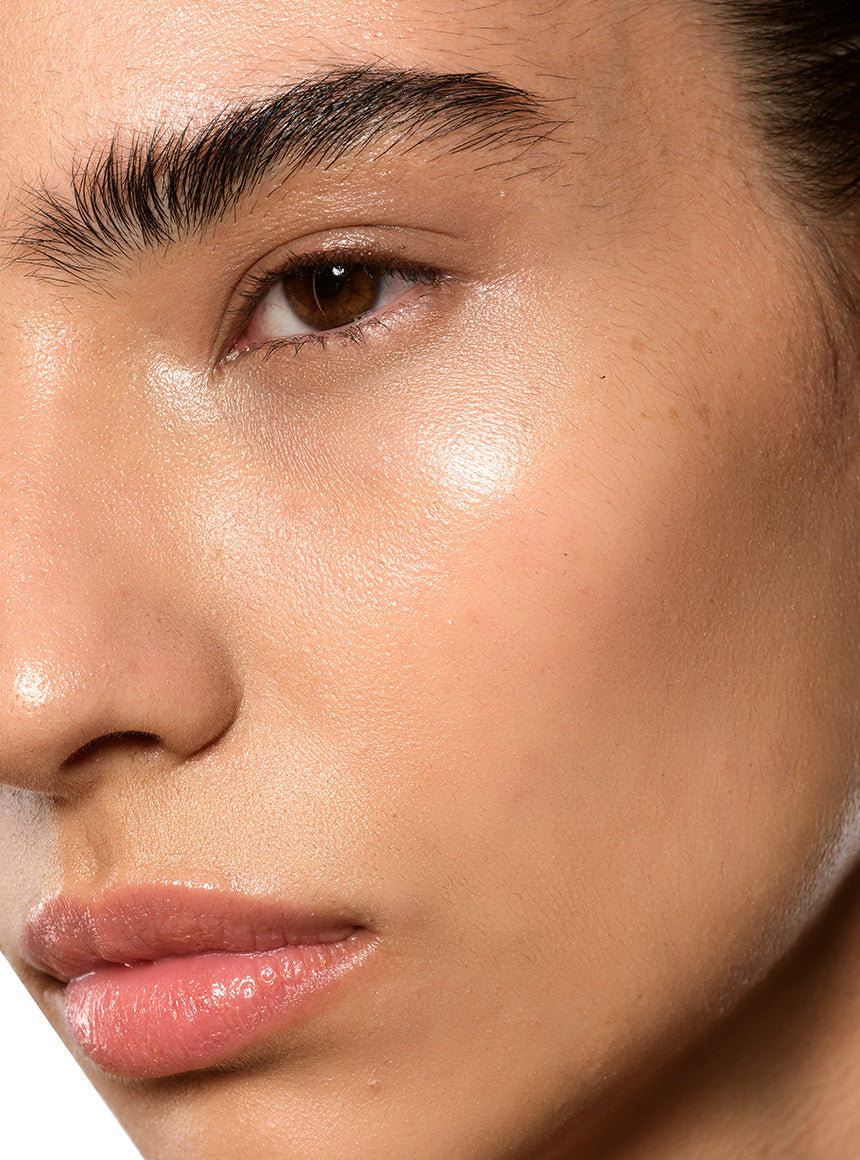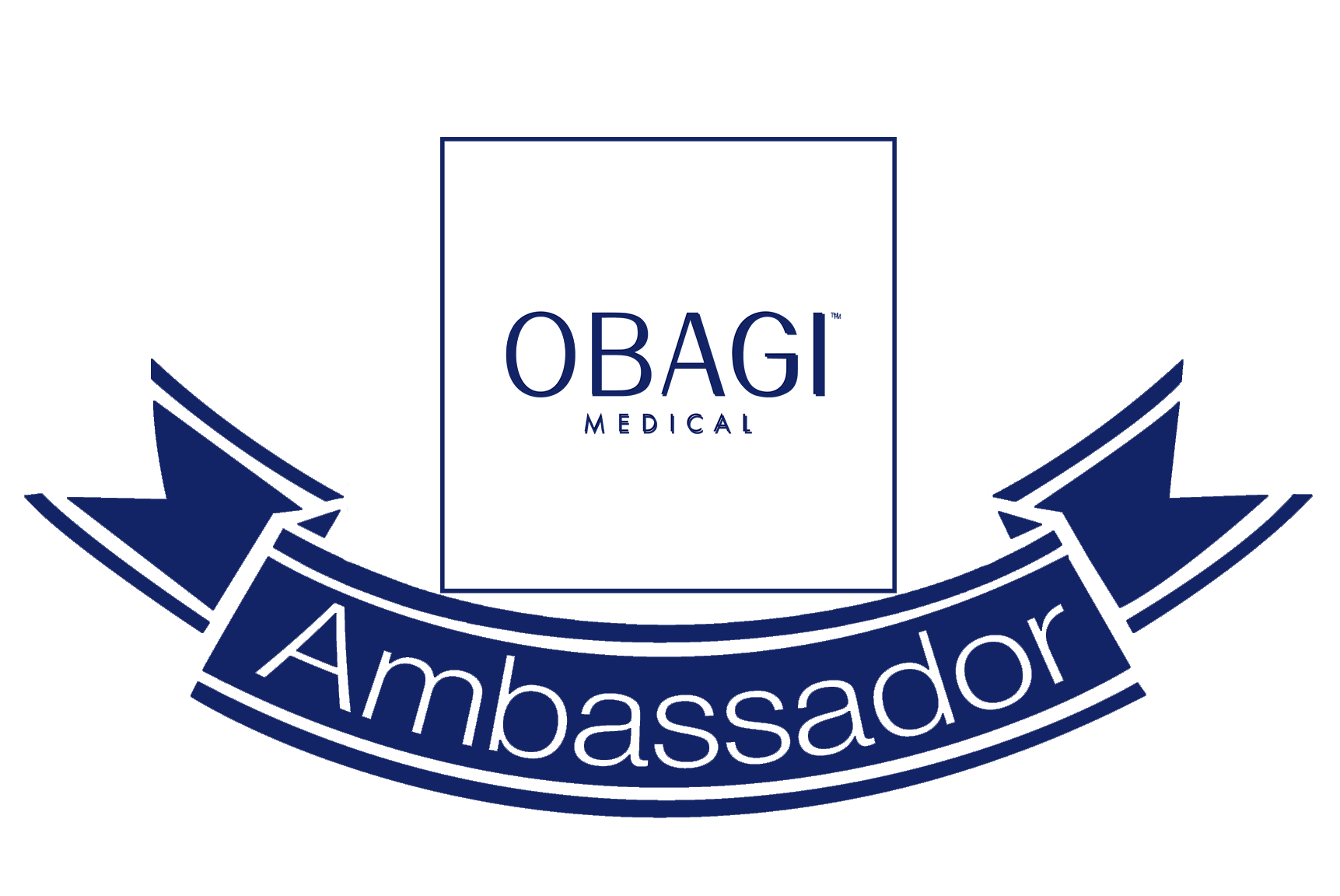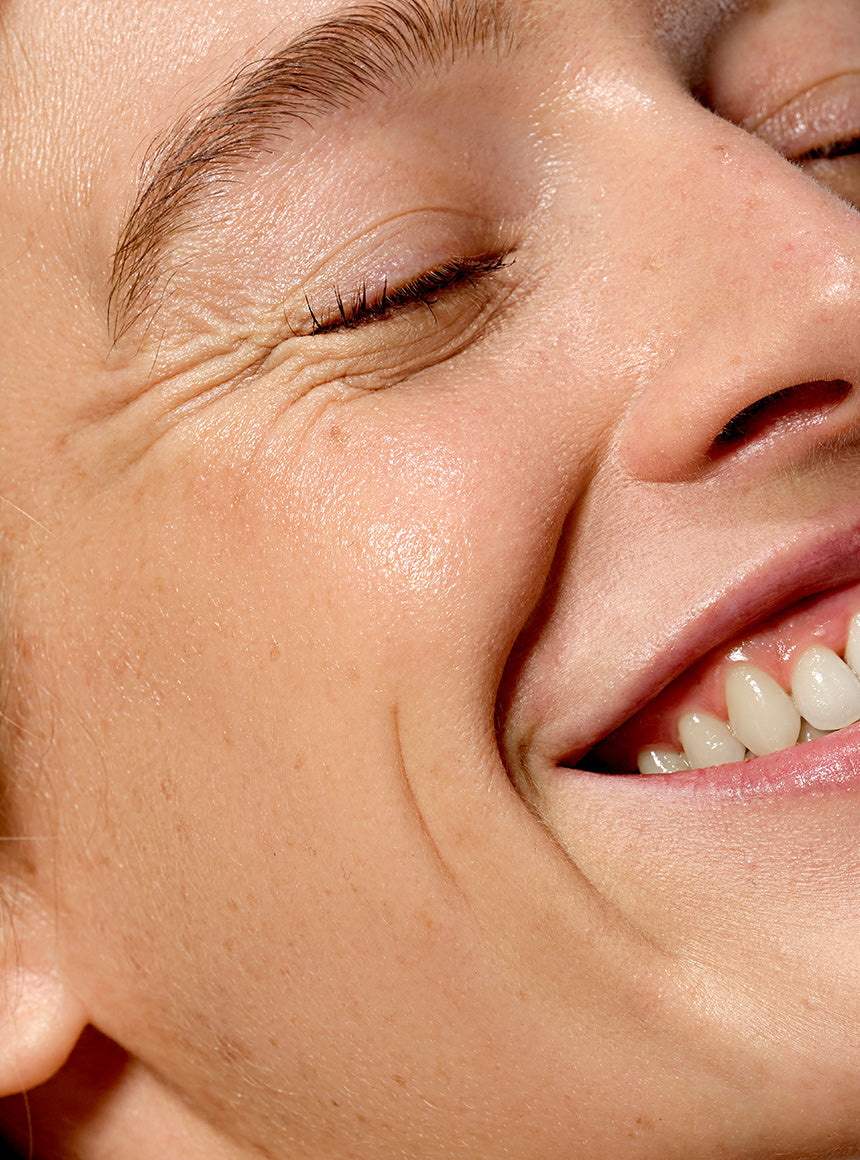Artikel: Let’s talk hyperpigmentation.

Let’s talk hyperpigmentation.
Excessive hyperpigmentation is one of the common complaints during skin consultation. It’s the medical term describing dark spots or patches on the skin, and is a result of excessive melanin production. They can make the face look aged and tired, and distract the human eye from other attractive facial features that one naturally possesses.
Here we break down the big five causes of hyperpigmentation, and what we can do about them.

Excessive sun exposure
This one is a given, but we still see many patients who come to us without the habit of using adequate SPF and excessive sun-seeking behaviours. Apart from opting for self-tans instead of sun beds, avoiding the mid-day sun, and wearing protective clothing, applying sunscreen with at least SPF 30 against UVA and UVB.
Post-inflammatory hyperpigmentation (PIH)
PIH from acne, previous surgeries or unsuitable aesthetic procedures (such as certain lasers and chemical peels) can be difficult to treat, with most treatments risking further inflammation and therefore hyperpigmentation. Opting for safe and effective topical treatments remains the first-line treatment option for PIH.
Hormonal changes (e.g. pregnancy, menopause)
The development of melasma during pregnancy is a common reason for aesthetic visits. While the common misconception is that pregnancy prohibits the use of skincare actives, this is far from the truth. Certain skincare ingredients (like azelaic acid) are safe for pregnancy and breastfeeding, while also not compromising on clinical results.
Pre-existing medical conditions
Thyroid disorders, Addison’s disease, and haemachromatosis might affect the pigmentation pathway of the skin. Apart from treating the underlying conditions, the combination of specific skincare actives also help to improve the appearance of hyperpigmentation.
Photosensitising drugs and/or treatments
Did you know that non-steroidal anti-inflammatories (NSAIDs) and oestrogen-containing medications increase the skin sensitivity to the sun? Other common causes include oral retinoids, tetracyclines (oral antibiotics for the treatment of acne) as well as chemical peels, light and laser treatments.
For an individualised plan to address your aesthetic concerns in more detail, book in with the M-ethod™ today!
References:
Dermatologic Surgery, 2005, Volume 31, pages 886-889
Journal of Aesthetic Nursing, March 2013, Volume 2 Issue 2, pages 134-137






